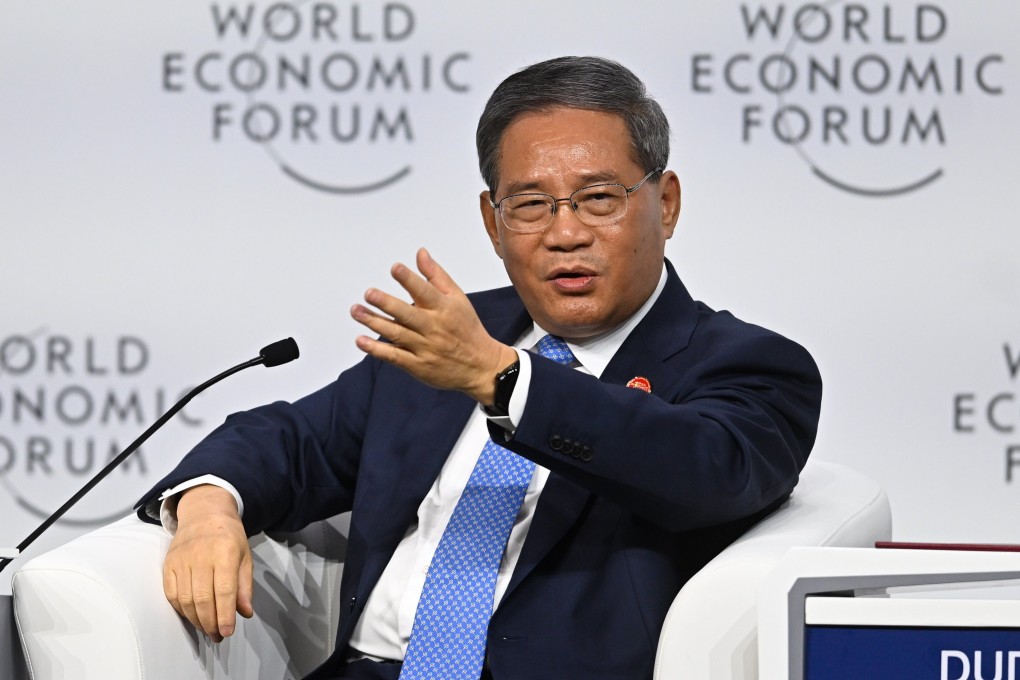Beijing talks the talk with foreign, private firms as they await action at China’s third plenum
- High-level comments aim to shore up business and market confidence ahead of the economic-agenda-setting gathering, but will Beijing ‘walk the walk’?

With foreign businesses seen to be closely watching whether policymakers “walk the walk after talking the talk” ahead of a much-anticipated party gathering, Beijing is restating the need to lure foreign investors and support private sectors that have suffered big blows to confidence.
Premier Li Qiang on Tuesday said China would “continue to expand a high-level opening”, ease market access and “implement the comprehensive lifting of foreign-investment-access restrictions in the manufacturing sector”, the official Xinhua News Agency reported. Meanwhile, the nation’s top economic planner stressed the need to support China’s private sectors in terms of credit, fundraising and by putting an end to selective law enforcement.
“The success of foreign enterprises in China is closely related to China’s economic development,” Li reportedly told a roomful of more than 200 business representatives from about 40 countries and regions who had gathered for the World Economic Forum’s Annual Meeting of the New Champions, which is also known as the Summer Davos.
“Everyone is welcome to invest in China, delve into China, and share in the dividends of China’s high-quality development,” Li told the crowd.
Also on Tuesday, the National Development and Reform Commission’s deputy director, Zheng Bei, submitted a report on the progress of supporting private enterprises to a National People’s Congress committee meeting, Xinhua said.
Qualified private enterprises should get help with market listings, financing and refinancing, Zheng said, while measures would be taken in the capital markets to drive the development of technology companies and fund start-ups. “Selective” law enforcement, Zheng said, should be prevented.
